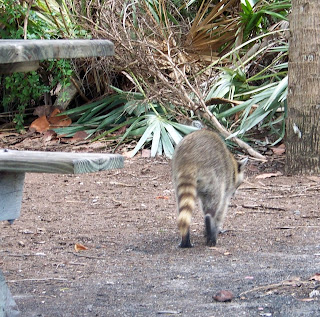- When you buy plants, try to ascertain which family they belong to. It will help you understand what they might be good for in terms of nectar, food plant and so on.
- Leave at least some of the garden to grow wild. Let it do what it wants to do and follow the course of the seasons naturally. This will have a very beneficial effect on diversity in the garden.
- Try to grow at least some native plants apart from grass. Notice what wild flowers and bulbs are native to your area and bring them in. They feed the indigenous population of birds, insects, fungi and bacteria.
- Always include leguminous plants in the veg garden to grab the free nitrogen that they produce.
- Make as much compost as you can in order to recycle nutrients around the garden. It uses up waste, be it kitchen or garden, to best effect.
The Telegraph is the paper my family read growing up. It's a conservative paper, but it does seem to take seriously the connection between "conservative" and "conservation." And it's the only paper I know that has a whole section dedicated to "beekeeping."
























.jpg)



